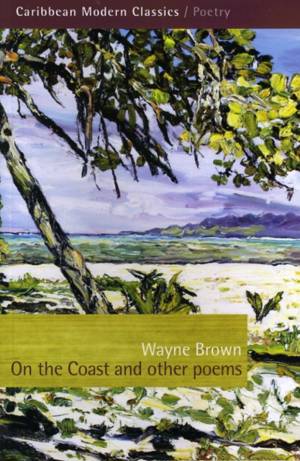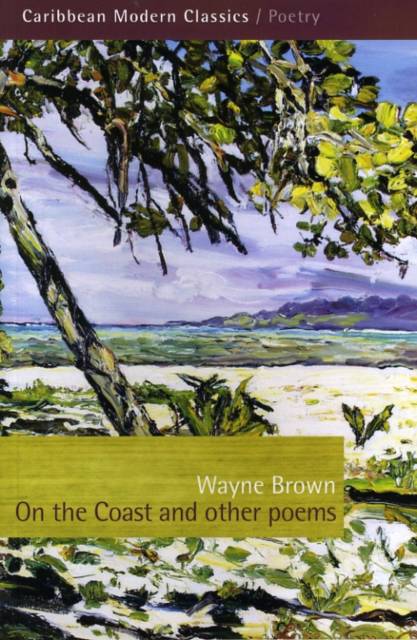
- Afhalen na 1 uur in een winkel met voorraad
- Gratis thuislevering in België vanaf € 30
- Ruim aanbod met 7 miljoen producten
- Afhalen na 1 uur in een winkel met voorraad
- Gratis thuislevering in België vanaf € 30
- Ruim aanbod met 7 miljoen producten
Zoeken
€ 15,45
+ 30 punten
Omschrijving
At the time this collection of poems was first published in 1972, Wayne Brown's careful formalism--which belies a turbulence of ideas and emotions--was out of fashion and the poetry of revolution was in full swing. Now, however, these poems are seen as seminal in Caribbean poetry, both for their intrinsic qualities and for Brown's crucial role as the mentor of a current generation of Caribbean poets. Exploring the ties between creativity and contentment, the poems enumerate the threats to these human goals, and through anecdotes--frequently drawn from the poet's own family life--reflect on the rewards and pain of remaining in the Caribbean while others have gone abroad. To understand their exile, which has its own heartache, several poems are odes to the artists the author admires most, including Pablo Neruda, Vladimir Nabokov, Rainer Maria Rilke, and the Tobagan poet Eric Roach.
Specificaties
Betrokkenen
- Auteur(s):
- Uitgeverij:
Inhoud
- Aantal bladzijden:
- 112
- Taal:
- Engels
- Reeks:
Eigenschappen
- Productcode (EAN):
- 9781845231507
- Verschijningsdatum:
- 14/01/2011
- Uitvoering:
- Paperback
- Formaat:
- Trade paperback (VS)
- Afmetingen:
- 133 mm x 210 mm
- Gewicht:
- 145 g

Alleen bij Standaard Boekhandel
+ 30 punten op je klantenkaart van Standaard Boekhandel
Beoordelingen
We publiceren alleen reviews die voldoen aan de voorwaarden voor reviews. Bekijk onze voorwaarden voor reviews.











